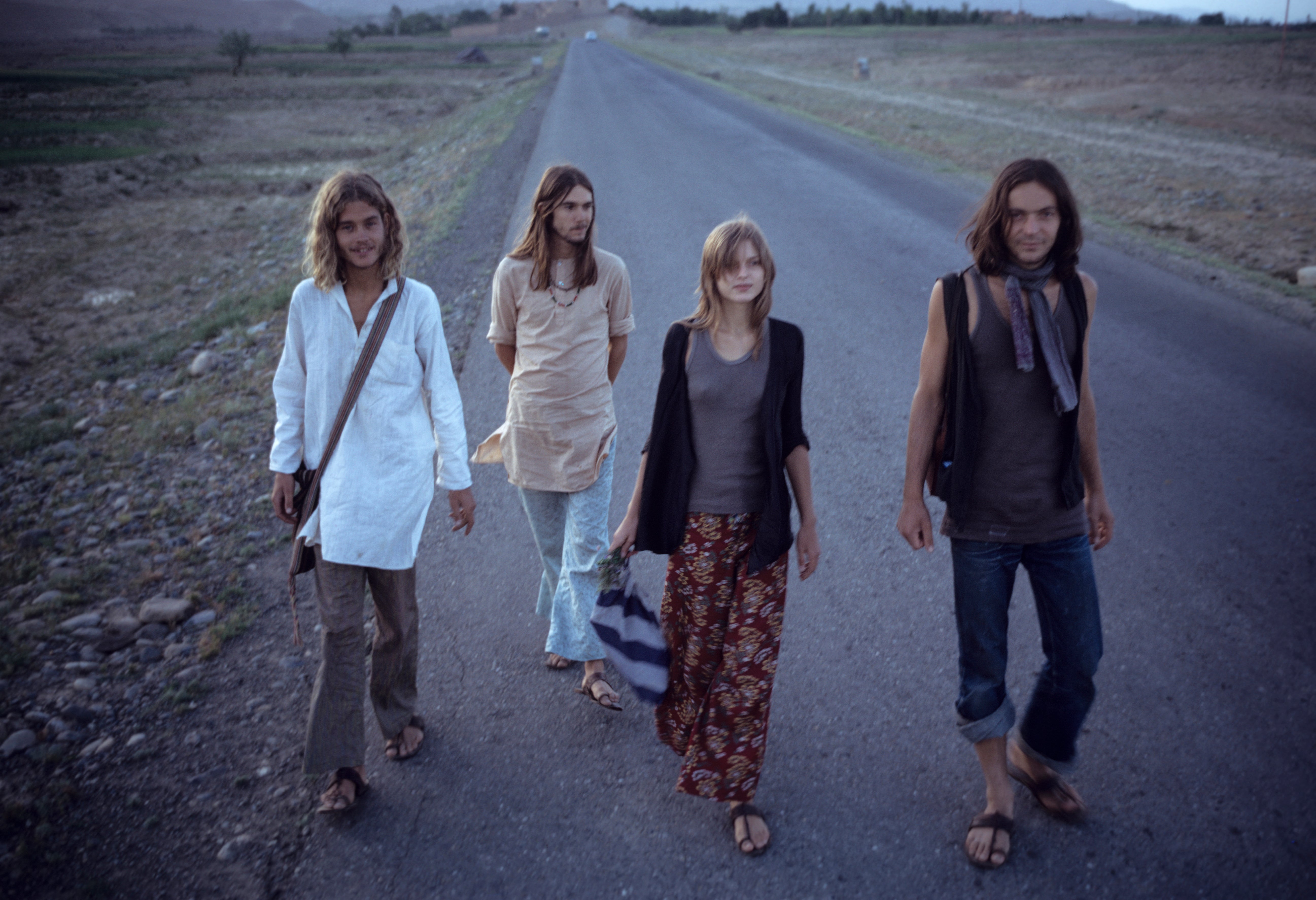What was the hippie trail? The Eurasian route where The Serpent prayed on his victims
The serial killer snaked the spiritual highway to Asia in the 1970s

Echoes of the hippie trail, once an ‘overland’ route from Europe to Asia, have resurfaced following a Channel 4 documentary investigating the case of The Serpent serial killer, Charles Sobhraj, on Tuesday.
From 1957 to 1978, carefree young people from the West travelled in battered buses, cars and vans through Pakistan, India and Nepal to find spiritual enlightenment.
The rite of passage thrived in the spirited 60s and 70s with journeys often lasting months and several bohemian travellers making it a one-way trip.
At the time, the trail functioned as an alternative form of tourism, and cheap travel modes were key to avoiding steep airfares and lengthy voyages by boat.
The start
In 1957, Oswald Joseph Garrow Fischer’s “Indiaman” bus sold tickets to 20 passengers for a bus trip from London to Calcutta. It wasn’t long before similar booking agents including the “Magic Bus” in Amsterdam and the “Tour East” brand – who offered a ten-week trip from north London for just £89 per one-way ticket – hosted journeys that aided the search for new horizons and marijuana-fuelled enlightenment far from the capitalist West.
The route
Much of the hippie trail followed the site of the economic network, the ‘Silk Road’, that was critical to Eurasian trade until the 15th century.
Guidebooks, including the BIT travel guide Overland to India and Lonely Planet’s edition of Across Asia on the Cheap in 1973, outline that the freedom-seeking route from Europe through west Asia spanned 12,000 miles of then relatively untrodden terrain.
Itineraries started from cosmopolitan European cities including London, Paris, Munich and Amsterdam, and the overland routes, most via Istanbul, regularly passed through Silk Road cities such as Tehran, Herta, Kabul and Delhi, eventually extending to Goa, Bangkok and Australia.
The culture
Aside from organised bus tours – public or private – independent travellers adapted vehicles to make the trip their own. Many hitchhiked and tens of thousands of 60s nomads kept travel costs low by backpacking and pitching up tents in unofficial hippie hubs across Asia.
The popular Lale Restaurant in Istanbul coined “The Pudding Shop” by travellers, Freak Street in Kathmandu with government-run marijuana shops, and handmade crafts on Chicken Street in Kabul created a network of hotspots that integrated Westerners into the lives of locals.
The end
Anti-Western sentiment and safety concerns from the Foreign Office (FCDO) following the 1979 Iranian Revolution and Soviet invasion of Afghanistan ultimately drew the hippie trail to a halt.
Fear of The Serpent serial killer Charles Sobhraj believed to have killed at least 12 young backpackers on the hippie trail in the 1970s, also contributed to the demise of the spiritual highway amid the volatile political landscapes.
At the same time, the accessibility of commercial air travel increased, becoming more affordable in the 1980s, and allowed people to start flying directly to holiday destinations with the added security of a return ticket.
Today, war-torn areas and travel restrictions along the original route mean that the overland track would be difficult to navigate even with the added ease of low-budget air carriers.
‘The Real Serpent: Investigating a Serial Killer’ is streaming now on Channel 4.
Subscribe to Independent Premium to bookmark this article
Want to bookmark your favourite articles and stories to read or reference later? Start your Independent Premium subscription today.

Join our commenting forum
Join thought-provoking conversations, follow other Independent readers and see their replies